Das Reboot (Part 2): Where Do Joachim Low's Germany Go From Here?
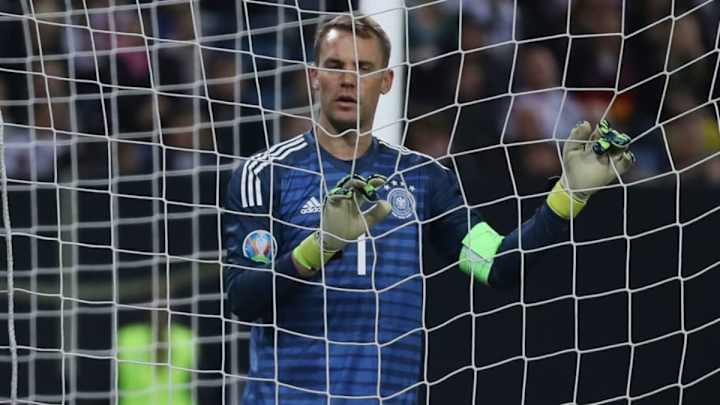
Just when you think Germany can't sink any lower, Die Mannschaft seem to be capable of finding a way.
One year on from their utterly humiliating World Cup campaign - in which they were unceremoniously dumped out of a group featuring Mexico, Sweden and South Korea - Germany have since been relegated from their Nations League group without managing to win a game.
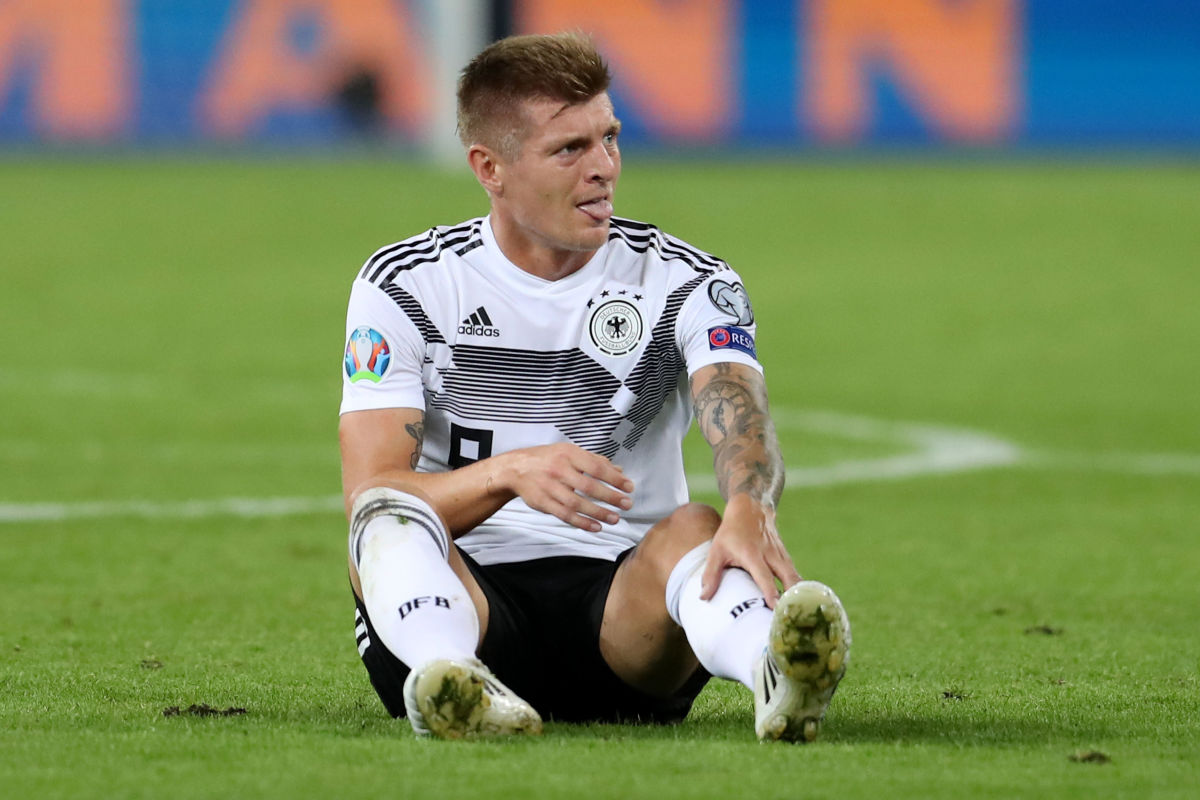
Now, after getting their Euro 2020 qualification campaign off to a decent start, Germany have been left with egg on their face once again, this time at the hands of their old rivals Holland. The Dutch, who themselves are only just recovering from the darkest period in their illustrious history, strolled to a 4-2 victory in Hamburg.
The result is unlikely to effect Germany's chance of reaching Euro 2020. Two teams from each qualification group are granted a place in next year's competition and their closest rivals are likely to be Northern Ireland, who are constantly battling to upset the odds whenever they take to the international stage.
But that doesn't mean everything is rosy. On the contrary, Joachim Low's Germany now find themselves on the slippery slope to disaster, just five years on from their World Cup triumph, which was the culmination of 15 years of self-evaluation, reinvention and resurgence.
Germany since start of 2018:
— Sky Sports Statto (@SkySportsStatto) September 6, 2019
1️⃣8️⃣ internationals
7️⃣ wins
7️⃣ defeats, 3️⃣ after leading at HT
Lost more internationals since start of 2018 than Andorra (6️⃣ of 1️⃣3️⃣) and Luxembourg (6️⃣ of 1️⃣6️⃣) pic.twitter.com/RTHZVhEzjp
Germany are synonymous with unrelenting success, but they hadn't won an international trophy for 18 years prior to their 2014 World Cup success. When you're used to winning with alarming regularity, that's practically a lifetime.
The lack of silverware led to an overhaul of the country's scouting and coaching system. The German FA invested huge sums of money to improve facilities, expand scouting networks and recruit coaches on a mass scale. That systematic approach bore obvious success as Germany's results on the international gradually improved - between the 2006 World Cup and Euro 2016, they never failed to reach the semi-finals.
But what happens when you finally reach the ultimate goal? Recent history tells us that disaster is soon on the horizon.
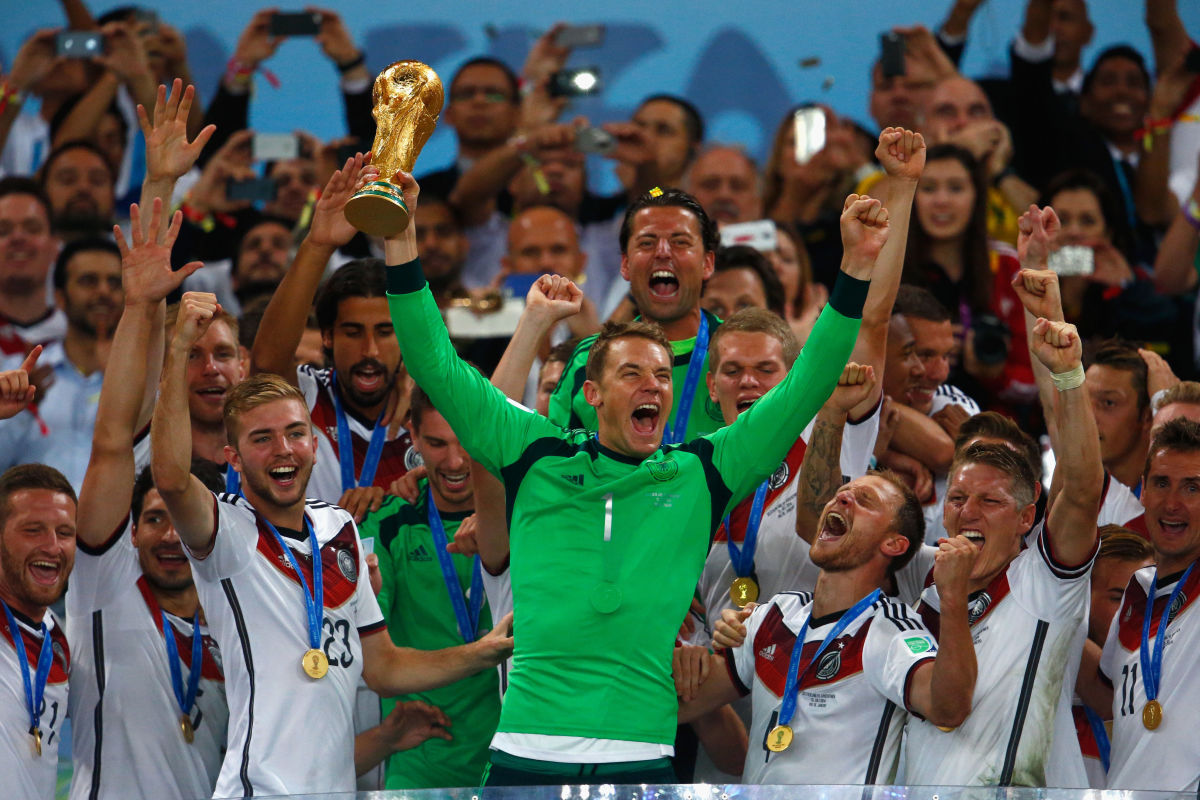
Excluding France's 2018 winning side, the previous three World Cup winners have all gone on to crash out of the group stages at the following World Cup and have slipped into international obscurity. Even the mighty Spain - who were once all-conquering - have failed to reach a single quarter-final since 2012.
But Germany's current regression is much more alarming as, in short, no positive steps have been taken since last year.
If any other manager oversaw a tournament as dreadful as Germany's 2018 World Cup campaign then they would be out of a job the second the team plane landed back on home soil. But Low - who has overseen much of Germany's 'reboot' - appears to be untouchable.
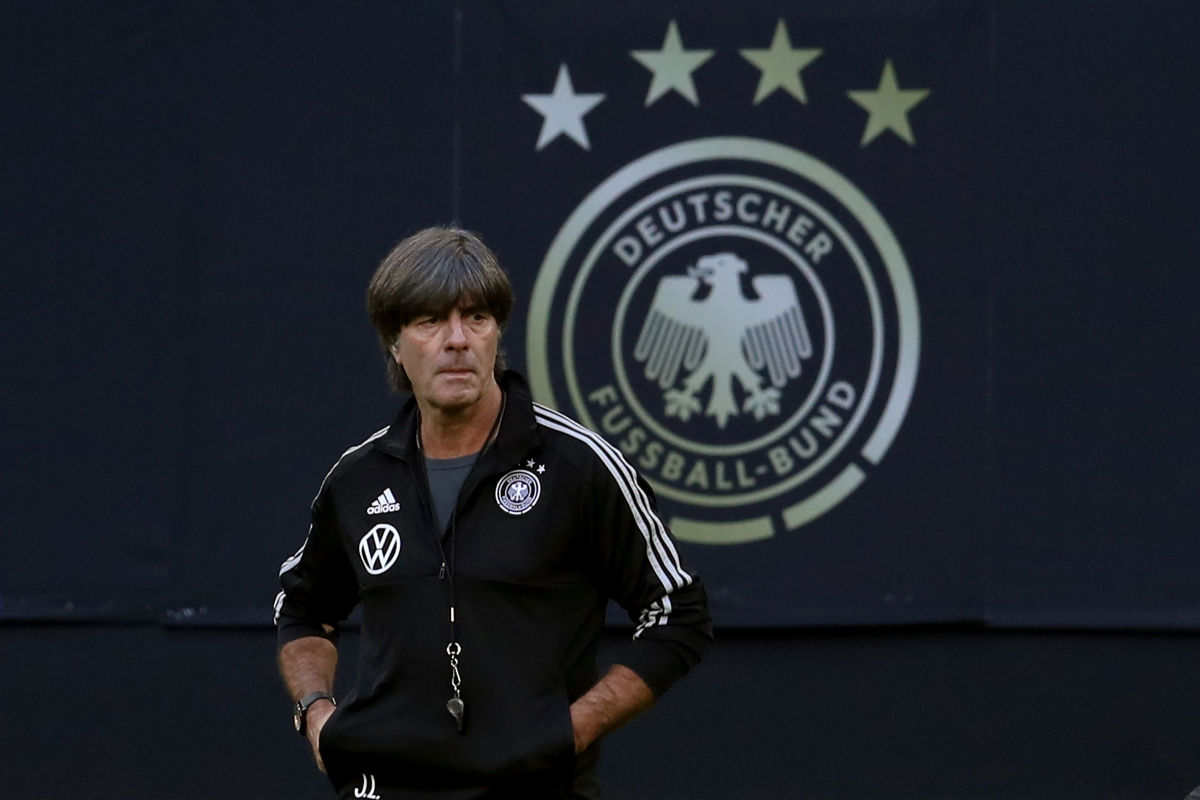
Low's approach to reinventing Germany for the second time has been to remove players who, in his eyes, had exhausted their usefulness. Thomas Muller, Mats Hummels and Jerome Boateng were all told, in no uncertain terms, that they would never play for the national side again, no matter how well they played.
It was a bold approach, for sure, but it wasn't exactly a positive one. Ushering in a new era was necessary, but Low appeared to be making a statement rather than informed tactical decision in this instance.
The confusion has transcended onto the pitch. Players are constantly being played out of position and are subsequently failing to demonstrate their worth.
Safe to say Joachim Low’s time with Germany should’ve been up after this last World Cup.
— EiF (@EiFSoccer) September 6, 2019
So much talent for Germany, yet Low keeps playing the wrong lineup and a formation that doesn’t maximise the talent at his disposal.
Looking back, Germany's 2014 winning squad wasn't remarkably talented. The likes of Shkodran Mustafi, Benedikt Howedes and Miroslav Klose were hardly world beaters in 2014, but they all played into an effective system which extracted the very best from every player in the pitch.
If we take Timo Werner as a case study, it's now painfully obvious that this is no longer the case. The RB Leipzig star is a traditional centre forward who has excelled at club level through the middle, but he has failed to have the desired effect for Germany - primarily because he is consistently being played out of position.
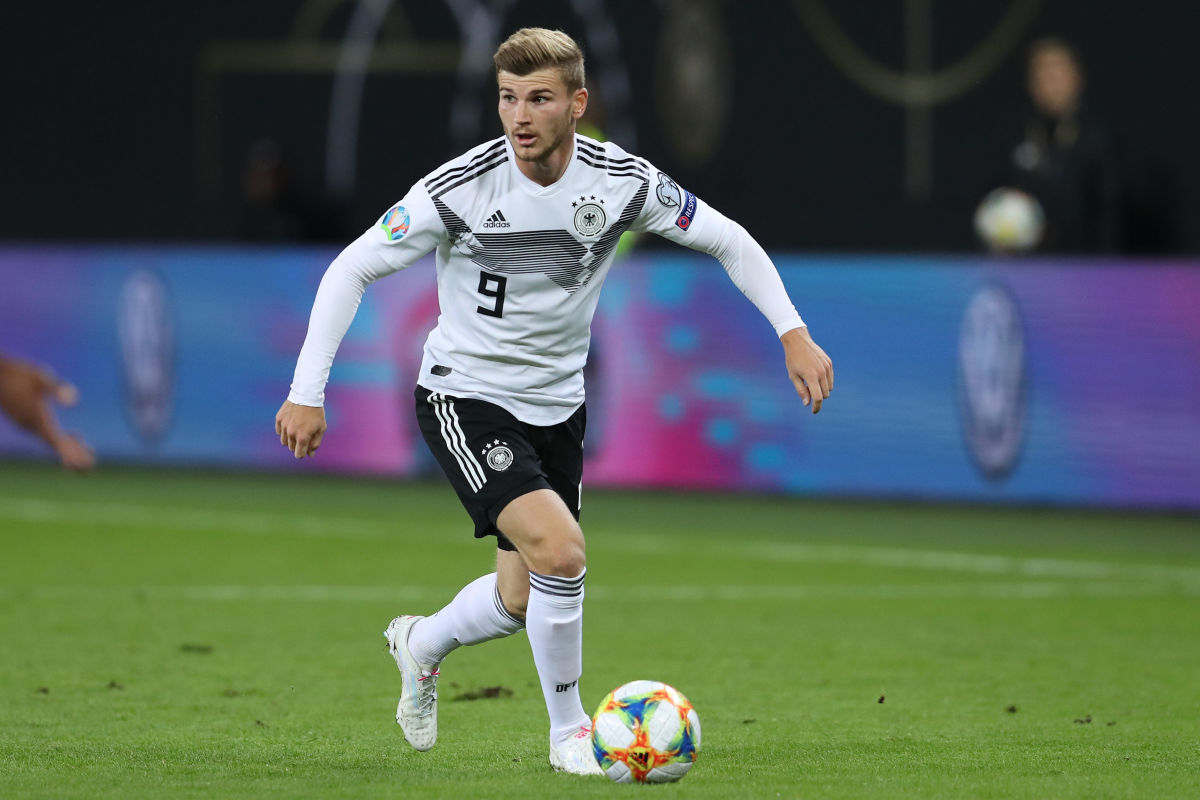
Rather than utilising a natural winger, Low is wedging Werner into a wide position which is, unsurprisingly, having a detrimental effect on his effectiveness up top and is limiting the impact Germany can have in the final third.
It's one of a number of questionable decisions - including the confusing 3-at-the-back formation - that serves to illustrate the fact that Germany need to consider moving beyond Low sooner rather than later.
It's not all doom and gloom. Germany still have plenty of young talents coming through the ranks who are all capable of reversing Die Mannschaft's fortunes with the necessary support. The likes of Kai Havertz, Lukas Klostermann and Johannes Eggestein all have bright futures ahead of them and could yet deliver success for Germany further down the line.
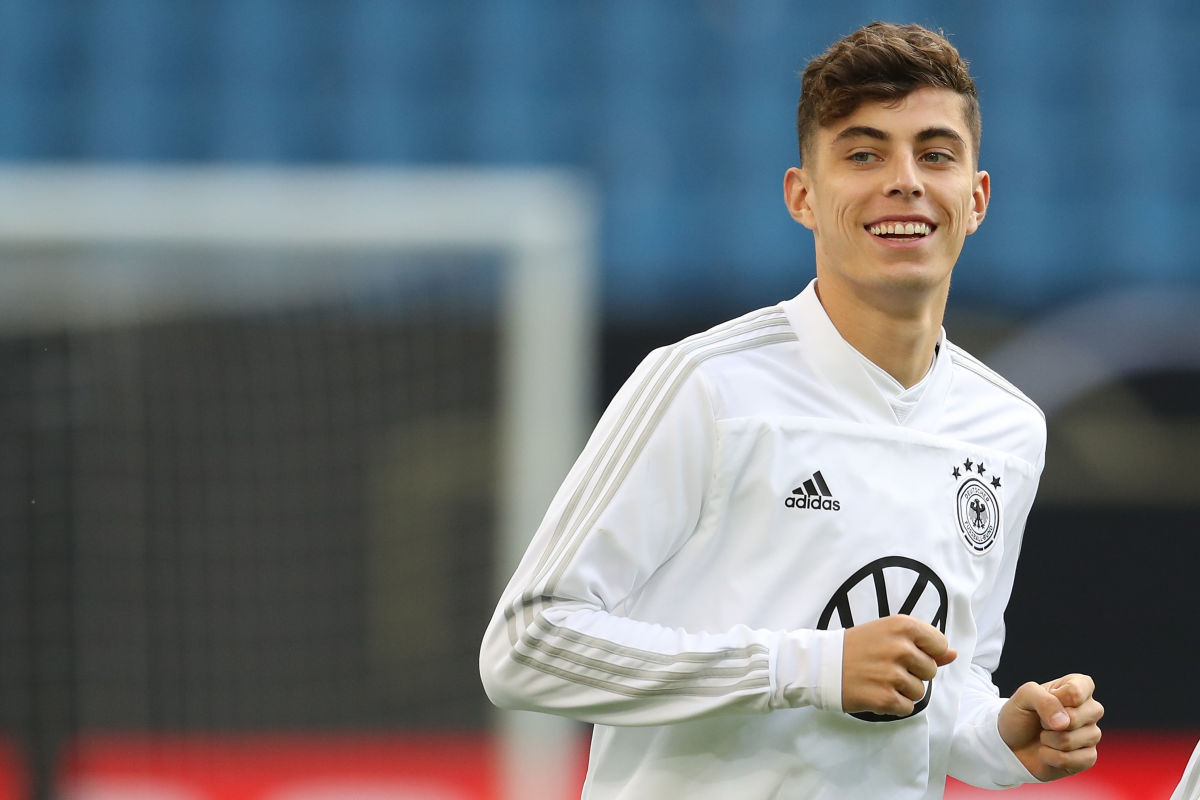
Before that can happen, Germany need to sit back and seriously consider where they are heading. Low should be celebrated for his past achievements, but there is no use in standing still.
If they want to be serious contenders at next year's European Championships then they may have to start from scratch. Again.
